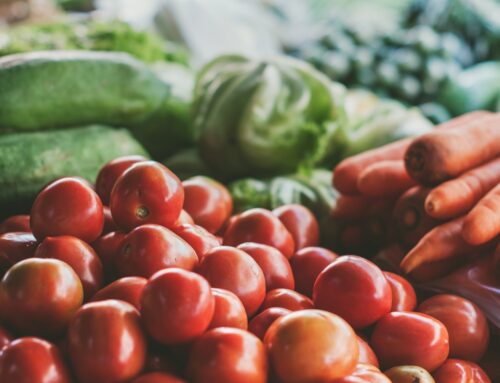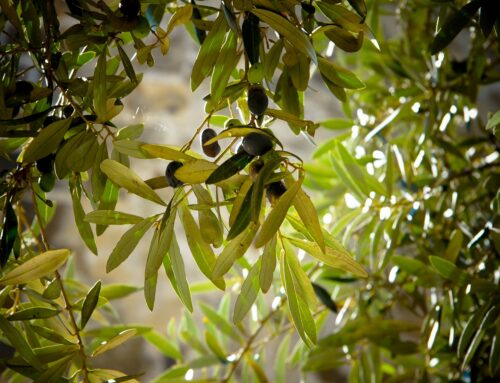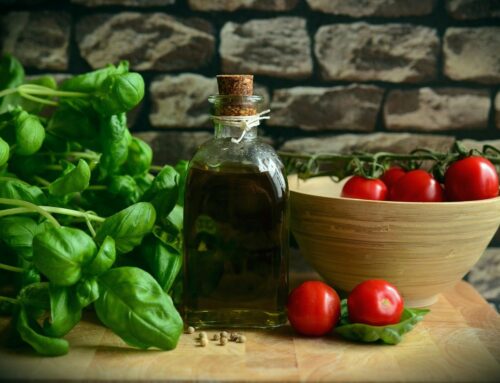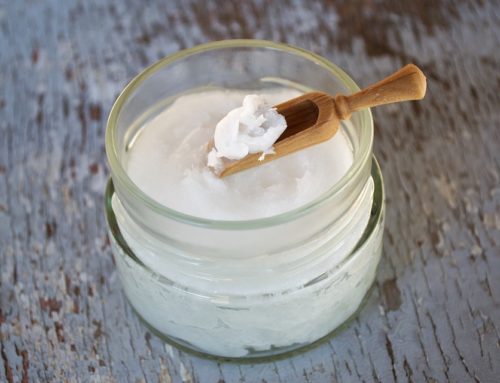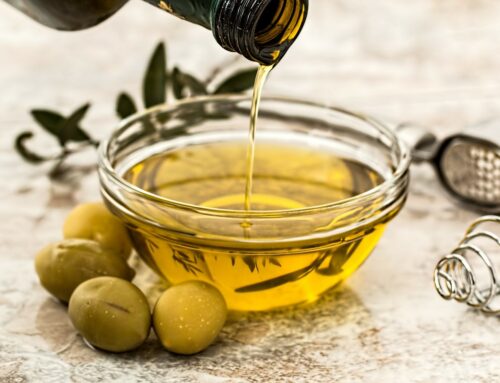Olive oil and olive leaf extract:
Fresh leaves contain the most polyphenols. Frying destroys many polyphenols and greatly reduces their strength. Steaming and boiling even increases or slightly decreases the capacity of the polyphenols present. For example, the polyphenol quercetin content in onions, for example, loses by 30% when you cook them.
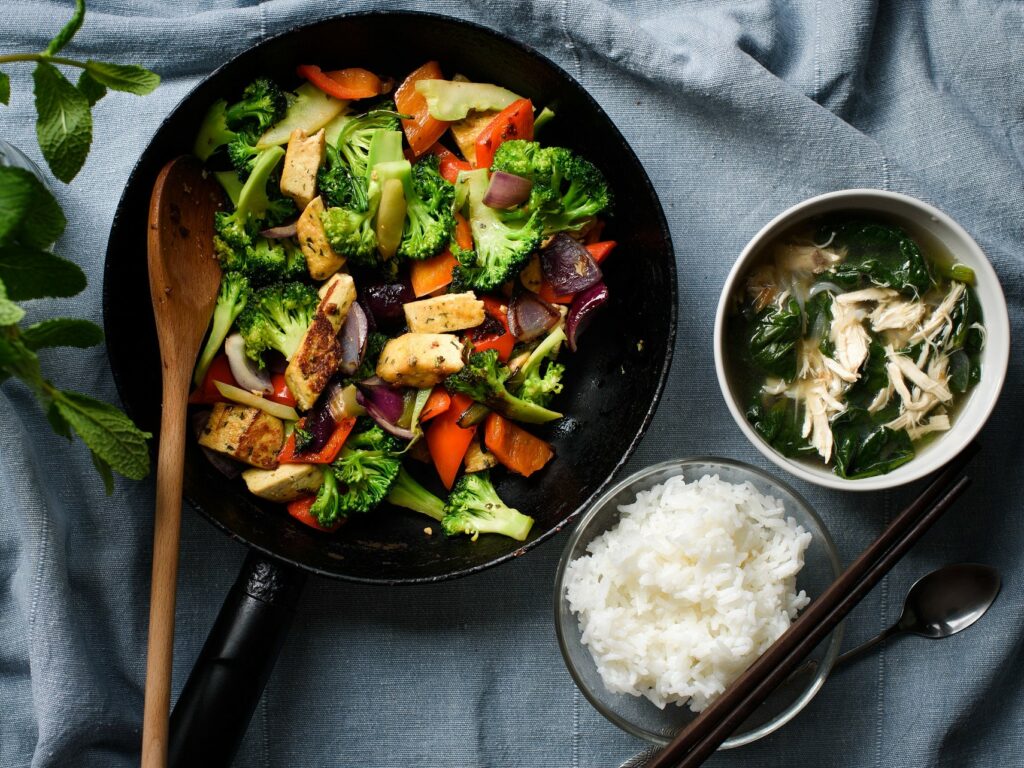
Extra virgin olive oil and the amount of polyphenols that may be destroyed during baking and frying. With extra virgin olive oil, the duration and temperature of baking or heating play a role. Research has shown that up to 40% of the polyphenol content is destroyed at 120°C and even 75% at 170°C. But even with this heating and loss of polyphenols, extra virgin olive oil is still many times healthier than (refined) olive oil.
Heating with extra virgin olive oil allows the polyphenols of the olive oil to penetrate into the food. A 2015 study found that polyphenols penetrate into the diet when olive oil is heated. (Source: Food Chemistry Volume 188 , December 1, 2015, Pages 430-438) . Fried potatoes are said to contain more polyphenols than boiled potatoes. Vegetables are said to contain more polyphenols after being fried in extra virgin olive oil. (2020 Barcelona study)
Freezing olive oil or polyphenols?
Freezing olive oil or olive oil leaves has little effect on the polyphenols.

